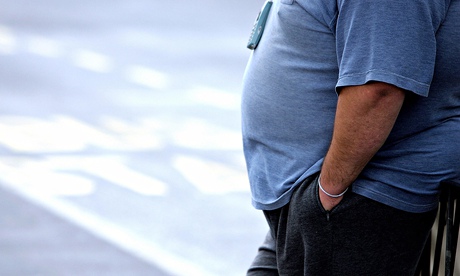Nine books will be published this year featuring the Danish concept of hygge in their title. Such a glut brings a whiff of a bandwagon (for whose initial momentum I suspect I am partly responsible), but if the Telegraph is to be believed, hygge (make a little moue and say “hoogah”), is the big new wellness trend, here with scented candles and woollen socks to make us feel better about the deaths of all those famous people this year.
It is usually claimed there is no English word for the Danes’ uncanny ability to make any situation – be it family get-together, traffic jam, or failed climate conference – cosy. Oops, there it is: cosy. That’s what hygge means. It is no great mystery, nor is it even unique to the Danes. The Germans call it gemütlich, the Dutch, gezelligheid. In English, “convivial” pretty much covers it, too.
True, the Danes are very, very good at keeping things cosy. Like Hobbits. Or aunties. It is their superpower. Having lived among them (Danes, that is) for some years, I have learned a few of their secrets. Yes, light some candles, open a bottle of wine, and try to forget about your credit card balance. The Danes give especially good Christmas, for instance, but is it the secret of their famed happiness, as these books claim?
I suspect happiness is a little more complicated. Here’s my stab at why the Danes are such a satisfied bunch: They are rich, sexy and don’t work very much; they also take more antidepressants than virtually anyone else in the world, and, yes, they like a drink and eat more confectionery and bacon per capita than most.
Hygge is a good thing though, surely? It requires equality of participation (it is not hyggelige for one person to hog the limelight, that’s what Americans do); it is predicated on participants living in the moment (“Isn’t this Viking recreation weekend hyggelige [the weekend that we are experiencing right here, right now]?”), and hygge makes good use of the Danes’ ability to use humour to prick pretentions. Also, I have never encountered a people more prone to communal singing. But there is a dark side to hygge. All right, a slight shadow (and not just the singing).
With its relentless drive towards the middle ground and its dependence on keeping things light and breezy, hygge does get a bit boring sometimes. Worse, British anthropologist Richard Jenkins has described it as “normative to the point of coercive”. If you don’t know the rules, if you like to discuss politics or religion or anything other than your holidays, hygge’s appeal may be short-lived. This is likely to be one reason why Denmark ranked an uhyggelige 65th out of 67 countries in a new survey of expats’ quality of life.
A while back, I appeared on the Danish equivalent of Radio 4’s Today programmeand remarked on the irony that, while being vocal critics of others’ extremist tendencies, the Danes seemed prone to extremism: in happiness, taxes, their welfare state and the happy pills. Above all, in hygge.
“Ha, yes,” laughed the sound engineer, as I left. “It’s true. We are extremists. We are the hygge jihad!”
The Almost Nearly Perfect People: Behind the Myth of the Scandinavian Utopia by Michael Booth is out now (Vintage).
Hygge – why the craze for Danish cosiness is based on a myth
